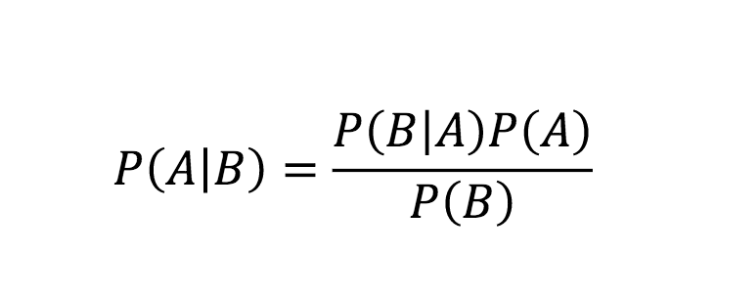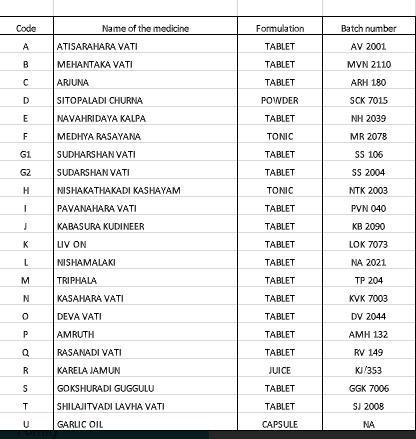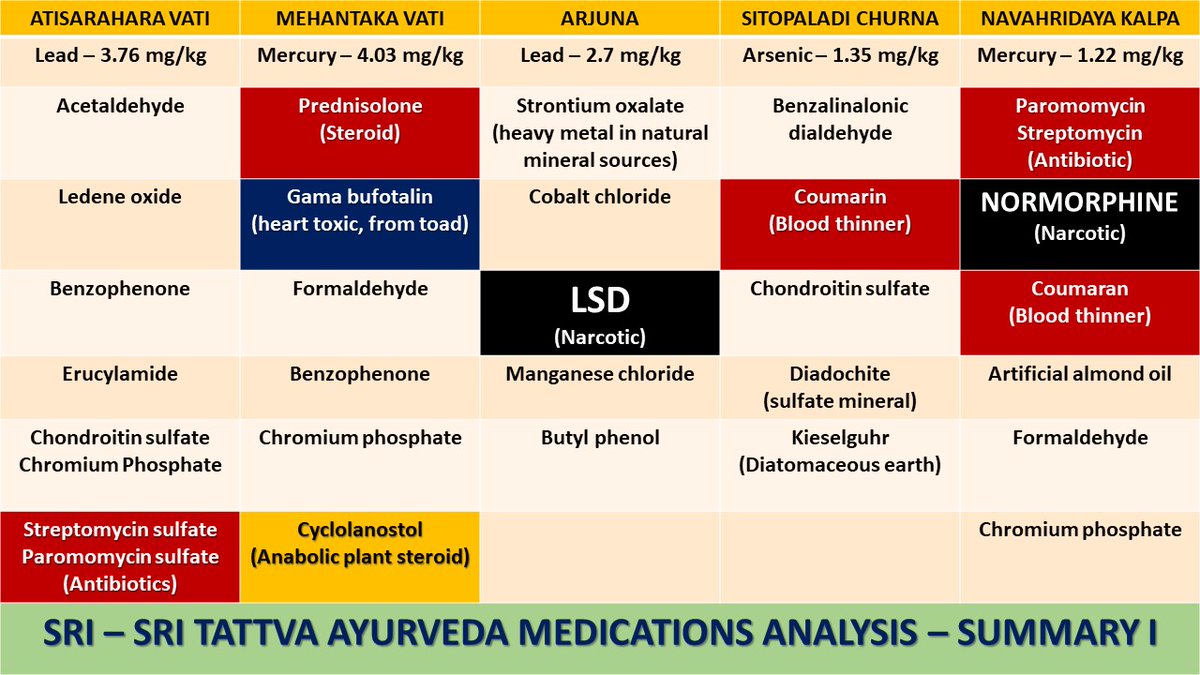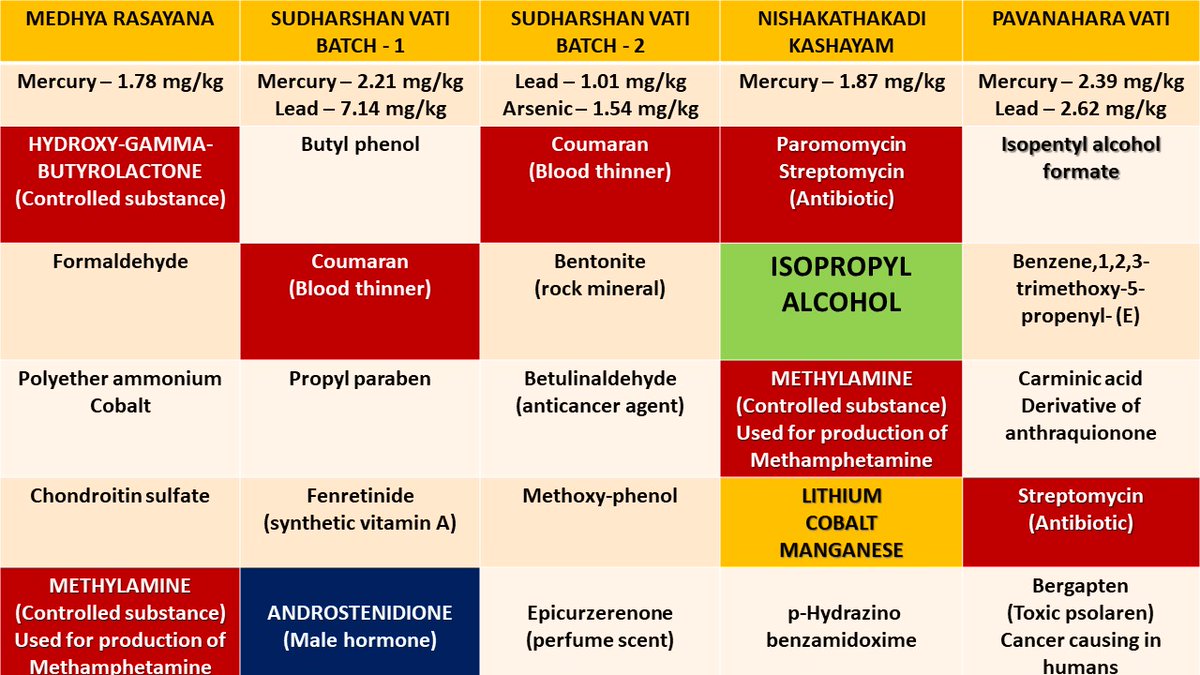https://t.co/jGt006Vlh5
Really doesn\u2019t fit well in a tweet. pic.twitter.com/xN0pAyniFS
— Dr. Lena Sugar \U0001f3f3\ufe0f\u200d\U0001f308\U0001f1ea\U0001f1fa\U0001f1ef\U0001f1f5 (@_jvs) February 18, 2021
Really doesn\u2019t fit well in a tweet. pic.twitter.com/xN0pAyniFS
— Dr. Lena Sugar \U0001f3f3\ufe0f\u200d\U0001f308\U0001f1ea\U0001f1fa\U0001f1ef\U0001f1f5 (@_jvs) February 18, 2021


Middle-aged woman wit jaundice (bilirubin 34), liver failure. Liver #Transplant this week.
— (Cyriac) Abby Philips (@drabbyphilips) December 7, 2020
\U0001f633Cause\U0001f447#Ayurveda #medicines total 23\U0001f616 by @SriSriTattva & @SriSri 3-6 mnth 4 sugar, pressure, #COVID19 #ImmuneBoosters, #memory, #liver tonic.
Sent 4 analysis.#livertwitter #MedTwitter pic.twitter.com/uz3FCiVJ3f


